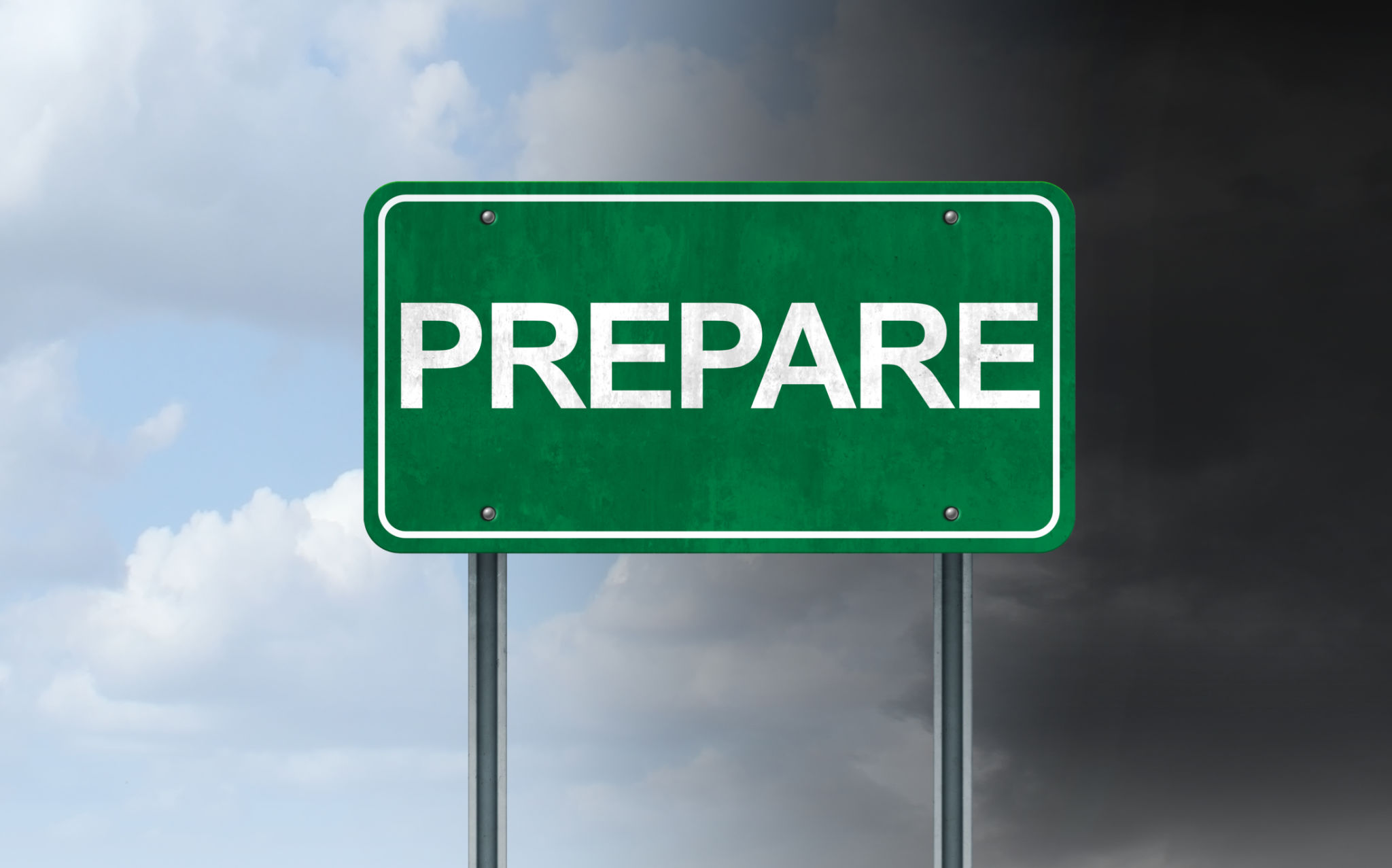Preparing Your Fleet for Hurricane Season in Florida
Understanding the Importance of Preparation
Hurricane season in Florida is a critical period for businesses, especially those that rely on vehicle fleets for their operations. Preparing your fleet for potential storms is not just about safeguarding assets but also ensuring the continuity of your business. With proper preparation, you can minimize damage and reduce downtime, keeping your operations running smoothly even in the face of adverse weather conditions.
Effective planning can make the difference between a fleet that weathers the storm and one that suffers significant disruption. By taking proactive steps, you can protect your investments and ensure the safety of your employees.

Conducting a Comprehensive Fleet Assessment
Before hurricane season begins, conduct a thorough assessment of your fleet. This involves checking each vehicle's condition and ensuring they are in optimal working order. Pay special attention to:
- Tire tread and pressure
- Brakes and steering systems
- Fluid levels and battery health
- Emergency equipment such as first aid kits and roadside assistance tools
Identifying potential issues early allows you to address them before the storm hits, reducing the risk of breakdowns during an emergency.
Developing a Detailed Hurricane Plan
A well-structured hurricane plan is crucial for fleet management during severe weather. Start by designating a team responsible for hurricane preparedness and response. This team should be trained to handle emergency situations and communicate effectively with all stakeholders.
Your plan should include:
- Evacuation routes and safe locations for vehicles
- A communication strategy for drivers and support staff
- Contingency plans for power and fuel shortages
- Steps for post-storm recovery and fleet restoration

Ensuring Effective Communication
Maintaining clear and consistent communication is essential during hurricane season. Equip your fleet with reliable communication devices to ensure drivers can stay in touch with the management team at all times. Establish protocols for regular check-ins and updates on weather conditions and road closures.
Using GPS tracking systems can also enhance communication by providing real-time location data, which is invaluable during evacuations or when rerouting is necessary.
Securing Your Fleet Assets
When a hurricane is imminent, take measures to secure your fleet vehicles. Move them to higher ground or sheltered locations to prevent flood damage. If possible, store vehicles indoors or under cover to protect them from flying debris.
Additionally, ensure all vehicles are locked and any valuable equipment is removed or securely stored. This reduces the risk of theft or damage during the storm.

Training Your Fleet Personnel
Your drivers and support staff play a crucial role in executing your hurricane plan effectively. Provide them with comprehensive training on emergency procedures, including evacuation routes, safety protocols, and communication strategies.
Regular drills can help reinforce this training, ensuring that everyone knows their role and can act swiftly in an emergency situation.
Reviewing Insurance and Documentation
Before hurricane season, review your insurance policies to ensure they provide adequate coverage for storm-related damages. Keep all vehicle documentation up to date, including registration, insurance papers, and maintenance records.
This will facilitate any claims process and help you quickly get your fleet back on the road after a hurricane.

Post-Storm Recovery and Assessment
After a hurricane, assess your fleet for any damage. Conduct thorough inspections of each vehicle, checking for issues such as water damage, mechanical problems, or structural integrity.
Document any damages with photographs and detailed notes to aid in insurance claims. Once assessments are complete, prioritize repairs to restore your fleet to full operational capacity as soon as possible.
By taking these steps to prepare your fleet for hurricane season in Florida, you can protect your assets, ensure business continuity, and safeguard the safety of your employees.
